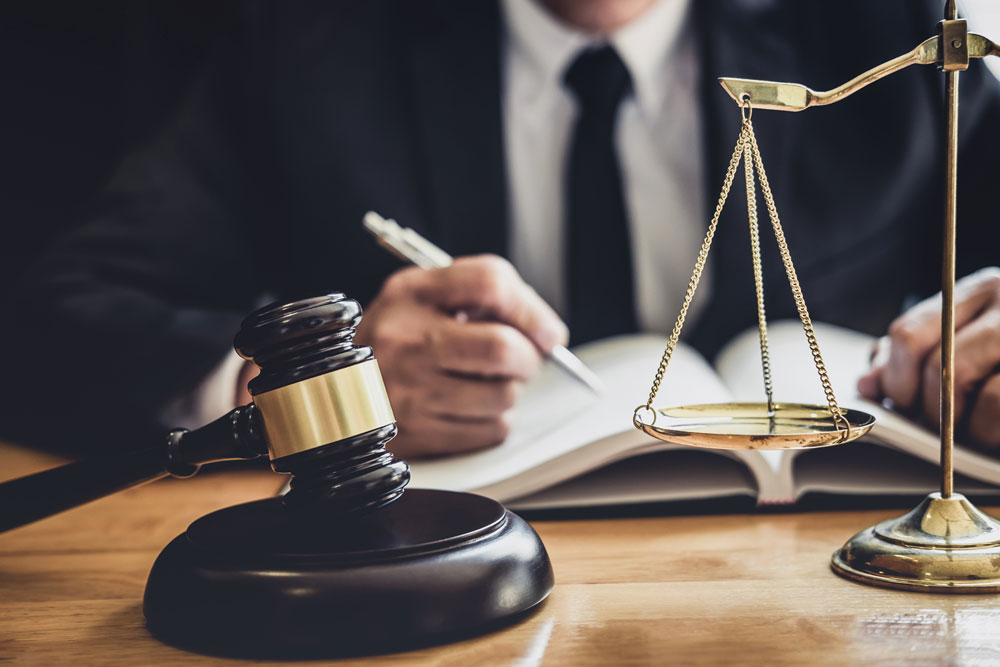The Court concluded with the following in relevant part: Our “cases have defined an acquittal to encompass any ruling that the prosecution’s proof is insufficient to establish criminal liability for an offense.” Evans v. Michigan, 568 U. S. 313, 318. Once rendered, a jury’s verdict of acquittal is inviolate. The principle “that ‘a verdict of acquittal could not be reviewed, on error or otherwise,’ is “perhaps the most fundamental rule in the history of double jeopardy jurisprudence.” United States v. Martin Linen Supply Co., 430 U. S. 564, 571. Whatever the basis for a jury’s verdict, see Bravo-Fernandez v. United States, 580 U. S. 5, 10, the Double Jeopardy Clause prohibits second-guessing the reason for a jury’s acquittal.
Georgia law specifically provides that a defendant who establishes an insanity defense “shall not be found guilty of the crime.” Ga. Code Ann. §§16–3–2, 16–3–3. Here, the jury concluded that McElrath was not guilty by reason of insanity with respect to the malice-murder charge. That verdict was unquestionably a “ruling that the prosecution’s proof is insufficient to establish criminal liability for an offense,” Evans, 568 U. S., at 318, and thus an acquittal. Georgia argues that there was no valid verdict pursuant to Georgia law, and thus no acquittal.
But whether an acquittal has occurred for double jeopardy purposes is a question of federal law, and a State’s characterization of a ruling is not binding on the Court. Smalis v. Pennsylvania, 476 U. S. 140, 144 n. 5. While States have the power “to regulate procedures under which their laws are carried out,” Patterson v. New York, 432 U. S. 197, 201, the ultimate question remains whether the Double Jeopardy Clause recognizes an event as an acquittal. The jury’s verdict of not guilty by reason of insanity here constituted such a determination, and it is of no moment that the verdict was accompanied by other verdicts appearing to rest on inconsistent findings. An acquittal is an acquittal, even when a jury returns inconsistent verdicts. Bravo-Fernandez, 580 U. S., at 8. Georgia argues that the bar to second-guessing an acquittal applies only to general verdicts, but the Court’s cases prohibit any speculation about the reasons for a jury’s verdict of acquittal—even when, as here, specific jury findings provide a factual basis for such speculation. To do otherwise “would impermissibly authorize judges to usurp the jury right.” Smith v. United States, 599 U. S. 236, 252.
The Georgia statute uses the word “repugnant” to describe inconsistent verdicts. It is a synonym for “unacceptable.” However, binding precedent requires our courts to accept inconsistent jury verdicts.

